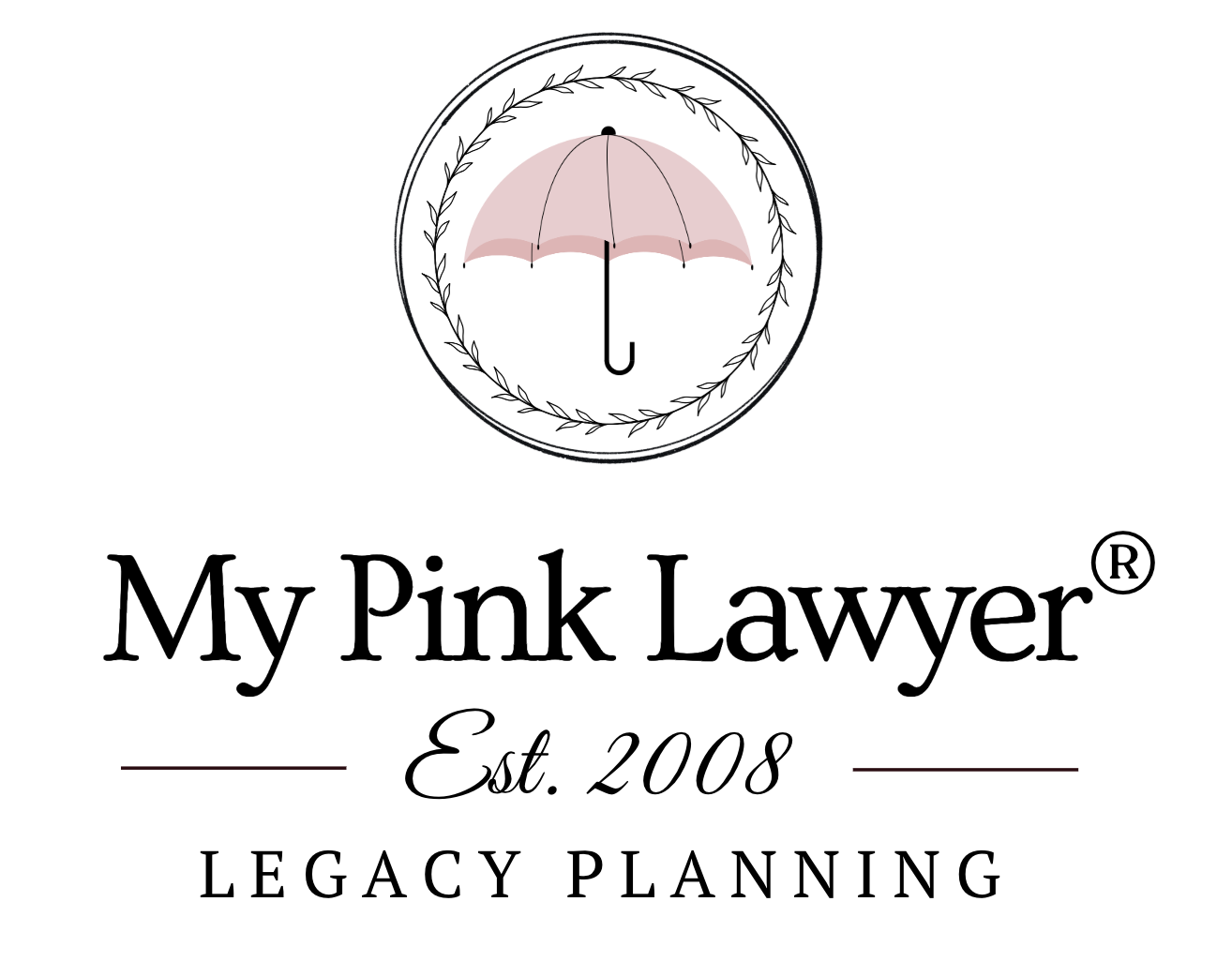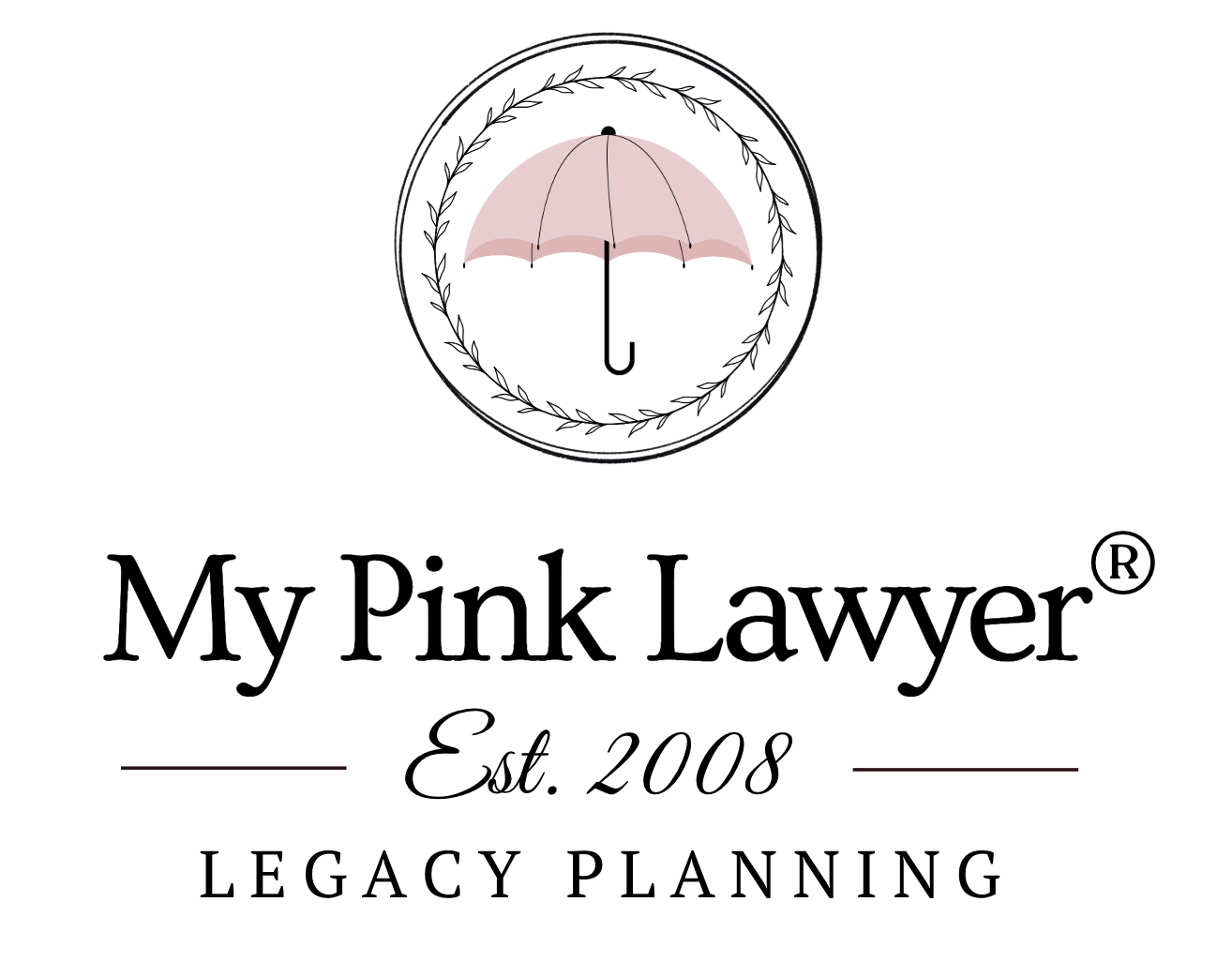Generally, no. Most of the time, life insurance proceeds pass outside of probate.

Life Insurance Proceeds Are Typically Not “Probate Assets”
Only “probate assets” become part of a probate estate that must be distributed to a decedent's beneficiaries or heirs by opening a probate proceeding with the court. Probate assets are assets owned by a decedent that do not transfer automatically to someone else upon the decedent’s death.
Life Insurance Proceeds Transfer Automatically to the Named Beneficiary.
Life insurance is a special type of asset because life insurance proceeds generally transfer automatically to the named beneficiary when the insured person dies.
After a decedent’s death, the named beneficiary should contact the insurance company, fill out the company’s insurance claim form, and send the company a certified copy of the insured’s death certificate.
After the insurance company processes the claim, the company will issue a check payable to the named beneficiary, and the beneficiary can deposit the check into his or her bank account.
The beneficiary does not have to open a probate proceeding or notify the court of the decedent’s death to claim the life insurance proceeds.
When is Life Insurance a Probate Asset?
Life insurance becomes a probate asset if it cannot transfer automatically at the decedent’s death.
If there is no beneficiary designation designation on file, the life insurance proceeds will pass to the decedent's estate.
If a named beneficiary is already deceased, the proceeds will generally pass to the contingent beneficiary, if one is listed.
If no contingent beneficiary is listed, or if the contingent beneficiary is also deceased, the life insurance proceeds will generally pass to the decedent’s estate.
When life insurance proceeds pass to a decedent’s estate, the money becomes a probate asset that must be distributed by opening a probate proceeding with the court.
When probate assets become part of a probate proceeding, they will pass according to the decedent’s last will and testament, if there was one. If the decedent did not have a will, the proceeds will pass to the decedent’s heirs at law.
What is a Per Stirpes Designation?
Sometimes life insurance policies allow the insured to make a "per stirpes" beneficiary designation.
A “per stirpes” designation means the life insurance proceeds will pass to the named beneficiary's heirs if the named beneficiary dies before the person whose life is insured.
“Per stirpes” designations can provide extra protection for keeping life insurance proceeds out of probate.
Do you have a loved one who has died and don’t know what your next steps should be? Reach out to us below so we can help.
Lauren “Here to Help You With Your Florida Probate Questions” Merritt







